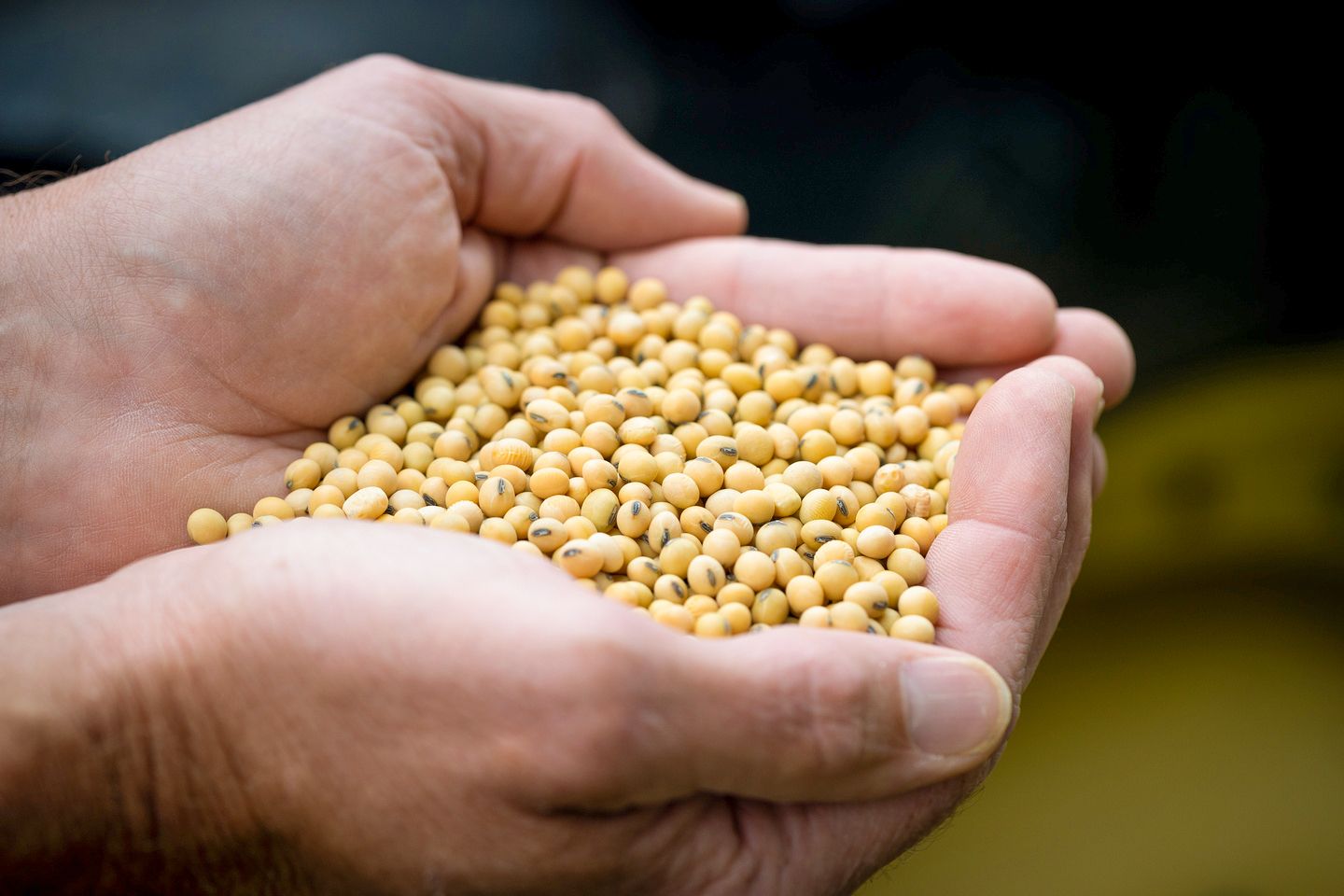Crop genetics company Benson Hill delivered first quarter 2022 results last week that were “in line with” expectations, according to the company, and driven in part by situations around the world impacting global food supplies and security.
The St. Louis, Missouri-based company, which has developed a genetically bred, higher protein soybean variety for use in alternative protein products and animal feeds, cited “dynamic market conditions” as a major driver of the growth in demand for its proprietary soy ingredients products.
“The urgency to evolve the food system is intensifying, and we believe our innovations play a key role in delivering more sustainable and affordable food choices to consumers,” Benson Hill CEO Matt Crisp said in a statement.
Benson Hill was named as one of Fast Company’s Most Innovative Companies list in 2022.
Key numbers & takeaways:
Revenues were $92.4 million for the quarter ending March 31, 2022. This marked an increase of $60.6 million, or 191%, compared to the same time period last year. Benson Hill said this jump was driven by “robust growth in both the ‘Ingredients’ and ‘Fresh’ segments,” two business segments Benson Hill launched in 2021.
- The company reported $0.20 earnings per share for the quarter, beating analysts estimates of $0.10.
- Revenues for the Ingredients segment were $66.1 million, increasing $51.9 million, or 365%. Proprietary soy revenues were $14 million, an increase of 161%, “due to increased availability of ingredients, meal, and oil products.”
- Revenues for the Fresh segment were $26.3 million, an increase of $8.8 million, or 50%.
- Benson Hill affirmed revenue guidance for 2022 of $315 million to $350 million. Analysts were expecting 2022 revenue of $328.7 million.
Why it matters:
As my colleague Jack Ellis recently wrote about, ongoing supply chain disruptions and a number of other factors — climate change, war, and Covid-19 — have ignited a food inflation crisis that some says is potentially “apocalyptic.” Prices for agricultural commodities such as grains, oilseeds, dairy, and meat are skyrocketing, hitting an all-time high in March of this year.
Benson Hill believes its differentiated and integrated supply chain — Benson Hill develops crops at the genetic level and then works with farmers to grown them and later distributes them downstream — can help the industry navigate ongoing supply chain challenges and an inflationary environment.
“Market dynamics and macro tailwinds are continuing to help drive, and in many cases further accelerate, demand for our innovative products,” Benson Hill CEO Matt Crisp said on an investor call this week.
CFO Dean Freeman added that Benson Hill continued “to benefit from broader food system supply chain constraints, coupled with the strengthened demand for non-GMO food-grade soy, specialty oils, and aqua [ph] market meal products.”
In a research note issued this week, Barclays dropped Benson Hill’s price objective from $8.00 to $5.00 However, the brokerage has an “overweight” rating on the stock and targets price points to “a potential upside of 58.73% from the company’s current price.”
Benson Hill listed via a SPAC transaction in October 2021 at $10 per share. The share price is currently $3.48 after a downturn in line with the rest of the market.
Benson Hill declined to comment on the matter, noting that it is company policy not to speculate on markets.





